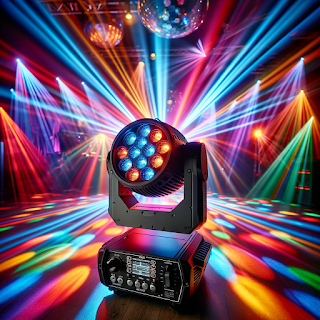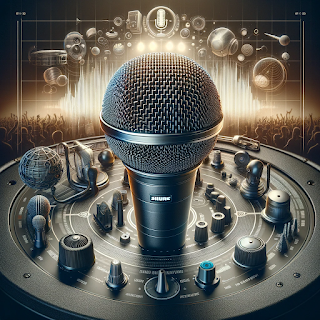Mastering the Art of Event Planning: Key Steps for Seamless DJ Gigs
Event planning is an essential skill for every mobile DJ. While the spotlight often shines on mixing skills, music selection, and equipment prowess, the foundation of a successful gig often lies in meticulous planning. Here's a comprehensive guide to mastering the art of event planning, ensuring that your DJ gigs run seamlessly and leave a lasting impression.
### 1. Understand the Event's Purpose
Before you dive into specifics, understand the purpose of the event. Is it a wedding, corporate function, birthday party, or club gig? Each event type has different requirements, and understanding the core purpose will guide your planning process.
### 2. Scout the Venue
Visit the venue well before the event. Familiarize yourself with the layout, electrical outlets, acoustics, and potential challenges. This will help you determine where to set up your equipment and how to manage cables for a clean and professional look.
### 3. Coordinate with Event Organizers
Open a line of communication with the event organizers. Discuss the schedule, specific music requests, announcements, and any special moments that need to be highlighted. This collaboration ensures you're aligned with their vision and can cater to their needs.
### 4. Prepare Your Music Library
Based on the event's nature and your discussions with organizers, curate a playlist. Ensure you have a mix of genres, tempos, and energies. Always have backup tracks ready, and be prepared to change the music on-the-fly based on the audience's mood.
### 5. Check Your Equipment
A few days before the event, test all your equipment—controllers, mixers, speakers, microphones, and lighting. Ensure everything is in working order, and always bring backup gear to handle unforeseen technical issues.
### 6. Plan the Event Flow
Draft a rough timeline for the event, noting when you'll play specific tracks, make announcements, or transition between moods. While it's essential to remain flexible, a plan gives you a structure to fall back on.
### 7. Engage with the Audience
Remember, as a DJ, you're not just playing music; you're also setting the event's atmosphere. Read the room, interact with the audience, and adjust your set accordingly. Your goal is to connect with the attendees and create memorable moments.
### 8. Handle Requests Gracefully
At some point, you might receive song requests. Handle them gracefully. If the requested song fits the event's mood, play it. If not, politely let the requester know and perhaps suggest an alternative.
### 9. Set Up Early
Arrive at the venue well in advance. This gives you ample time to set up, test your equipment in the actual environment, and troubleshoot any issues. The last thing you want is to be rushing minutes before the event starts.
### 10. Collaborate with Other Vendors
If the event has other vendors, such as photographers, videographers, or caterers, coordinate with them. Ensure that your activities don't clash and that you can work in harmony to create a cohesive experience for the attendees.
### 11. Review and Reflect
After the event, take some time to reflect. What went well? What could've been better? Did the audience engage with your set? Use this feedback to refine your approach for future gigs.
In conclusion, while your DJing skills are undoubtedly vital, the importance of event planning cannot be understated. By investing time and effort into meticulous planning, you not only ensure the event's success but also elevate your reputation as a professional and reliable mobile DJ. Remember, in the world of DJing, word of mouth is powerful, and a well-executed gig can lead to many more opportunities down the line.




Comments
Post a Comment